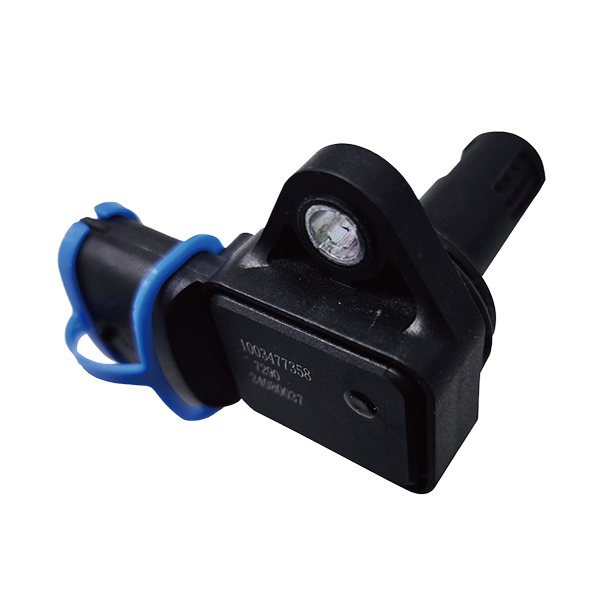Understanding Industrial Flame Sensors: Essential Components for Safety and Efficiency
2025-09-30

Flame sensors operate by detecting specific wavelengths of light emitted during combustion. Most commonly, they identify ultraviolet (UV) or infrared (IR) radiation, which is produced by flames. UV flame sensors are particularly effective for detecting flames that are rich in UV radiation, such as those from gas, oil, and certain chemical processes. On the other hand, IR flame sensors can detect flames regardless of their fuel source, as they focus on the heat emitted by the fire. This diversity ensures that industrial flame sensors can be employed in various applications, providing tailored solutions for different environments.
One of the primary applications of industrial flame sensors is in the oil and gas industry. Here, the detection of flames is critical due to the flammable nature of the materials handled. A rapid response to flame detection can prevent catastrophic explosions, making flame sensors a cornerstone of safety protocols. Similarly, in chemical manufacturing, where hazardous materials may be present, flame sensors are essential for identifying any potential ignition sources.
Another significant application for industrial flame sensors is in power generation, particularly in facilities utilizing combustion engines or boilers. These sensors monitor the combustion process to ensure efficiency, and when combined with control systems, they can optimize fuel usage and reduce emissions. This not only enhances productivity but also supports sustainability efforts.
Moreover, the integration of industrial flame sensors with modern control systems allows for advanced monitoring capabilities. Many sensors now come equipped with digital interfaces, enabling real-time data transmission and analysis. This innovation helps facility managers to monitor flame conditions continuously, allowing for proactive maintenance and quicker response times in emergencies.
In conclusion, industrial flame sensors are indispensable tools in enhancing safety and operational efficiency across various sectors. Their ability to detect flames promptly and accurately helps mitigate risks associated with fire hazards, ensuring the safety of both personnel and equipment. As industries continue to prioritize safety and efficiency, the role of these sensors will only become more critical in safeguarding operations against fire-related incidents. Understanding the importance and functionality of industrial flame sensors can empower businesses to implement better safety measures and enhance overall operational performance.
Previous:
Latest News



Address
No.68, Hongqi Rd , Zhuzhou City , Hunan , China.
2025 © Weichai Torch Technology Co., Ltd. All Rights Reserved
COOKIES
Our website uses cookies and similar technologies to personalize the advertising shown to you and to help you get the best experience on our website. For more information, see our Privacy & Cookie Policy
COOKIES
Our website uses cookies and similar technologies to personalize the advertising shown to you and to help you get the best experience on our website. For more information, see our Privacy & Cookie Policy
These cookies are necessary for basic functions such as payment. Standard cookies cannot be turned off and do not store any of your information.
These cookies collect information, such as how many people are using our site or which pages are popular, to help us improve the customer experience. Turning these cookies off will mean we can't collect information to improve your experience.
These cookies enable the website to provide enhanced functionality and personalization. They may be set by us or by third-party providers whose services we have added to our pages. If you do not allow these cookies, some or all of these services may not function properly.
These cookies help us understand what you are interested in so that we can show you relevant advertising on other websites. Turning these cookies off will mean we are unable to show you any personalized advertising.
Sorry,当前栏目暂无内容!
您可以查看其他栏目或返回 首页
Sorry,The current column has no content!
You can view other columns or return Home
